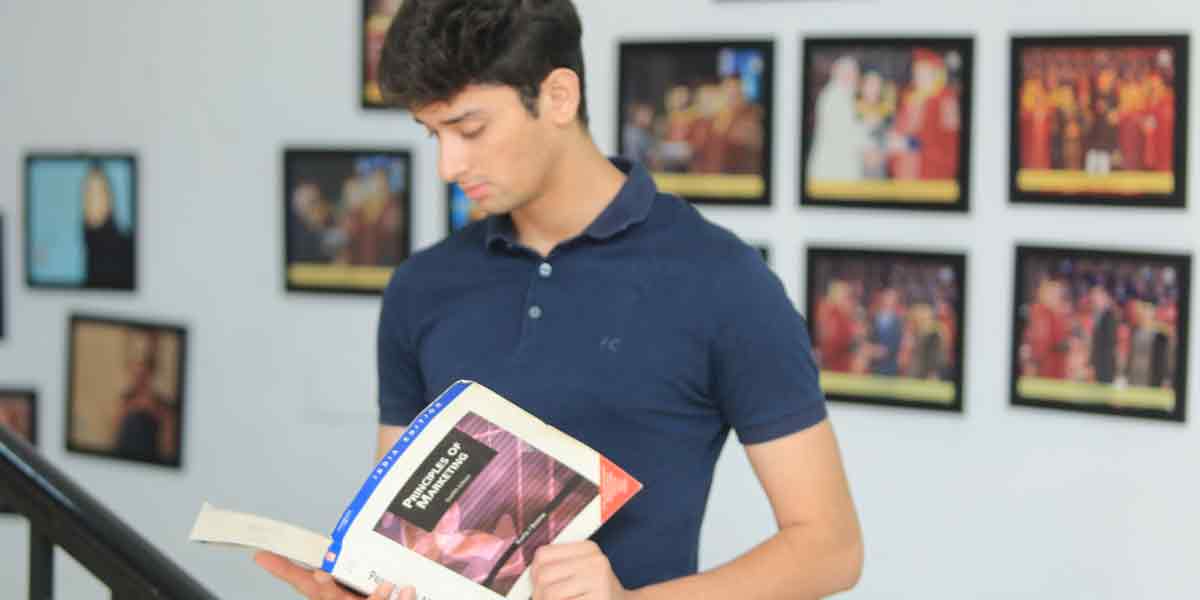Applying for Admission
Click on New Application button below to start a fresh Application
or Resume Existing Application
Don't have a Code?
Got a question or issue
Please contact our Admission Counselor at +923162134596 (Hadi), +923007056627 (Rub Nawaz) or +923062248363 (WhatsApp) for assistance.
Awaiting selection.

